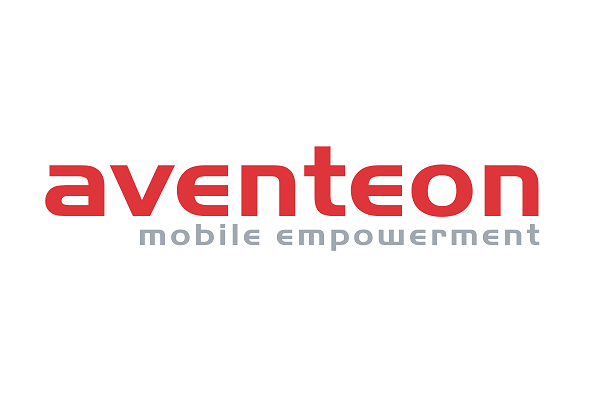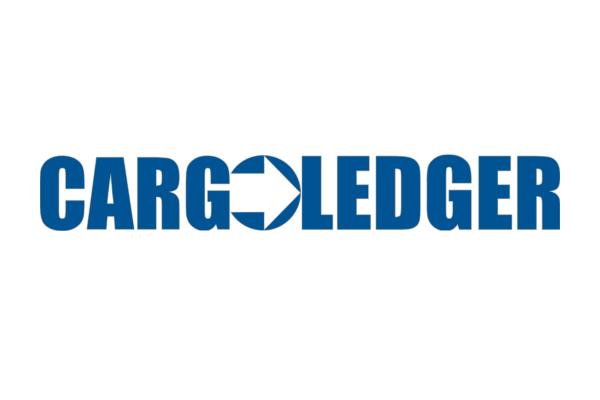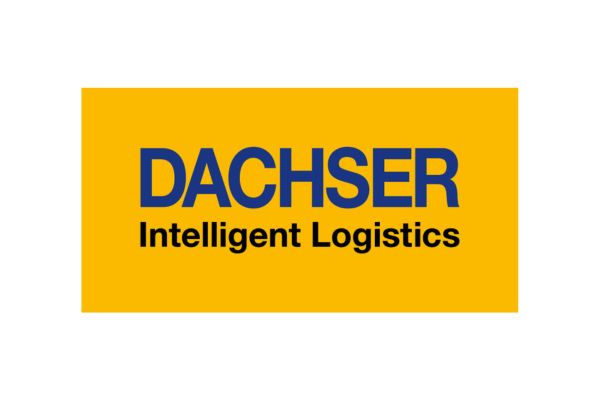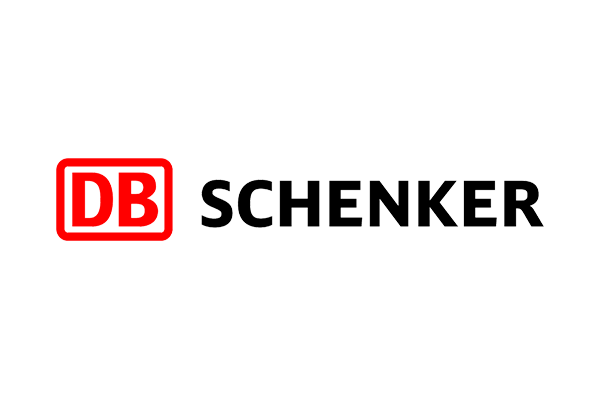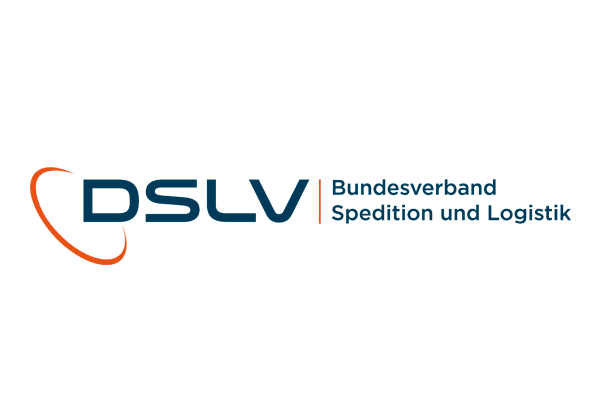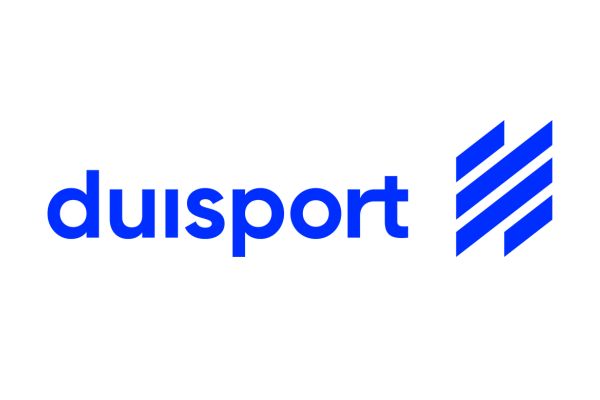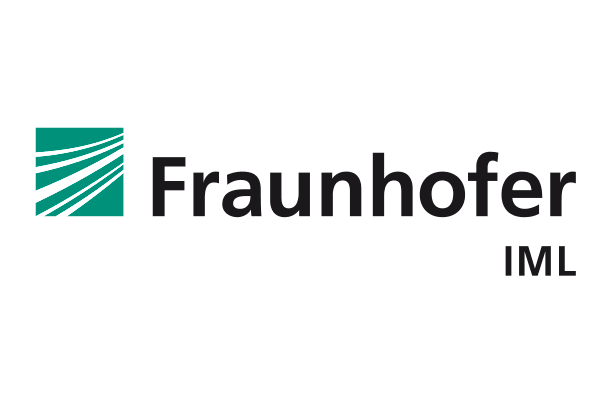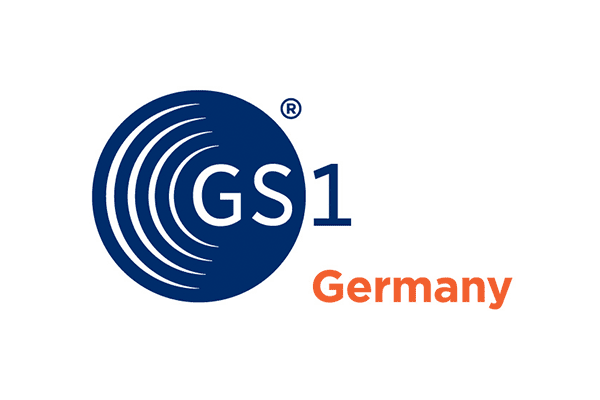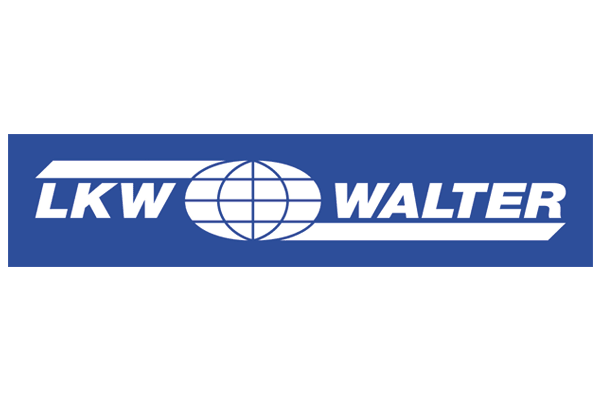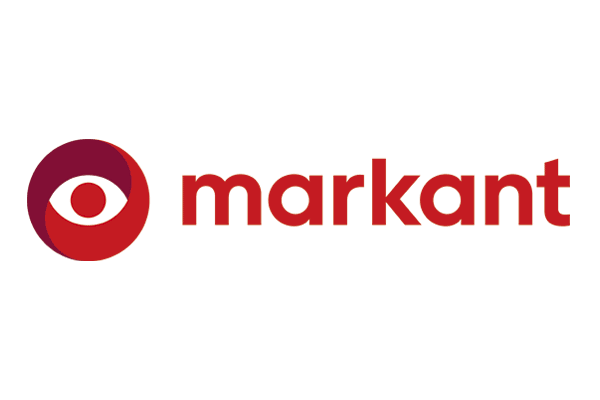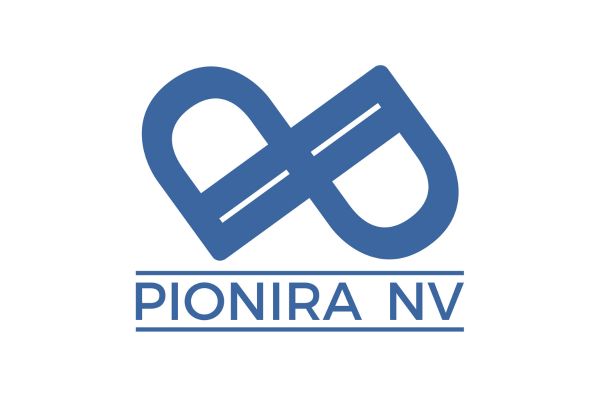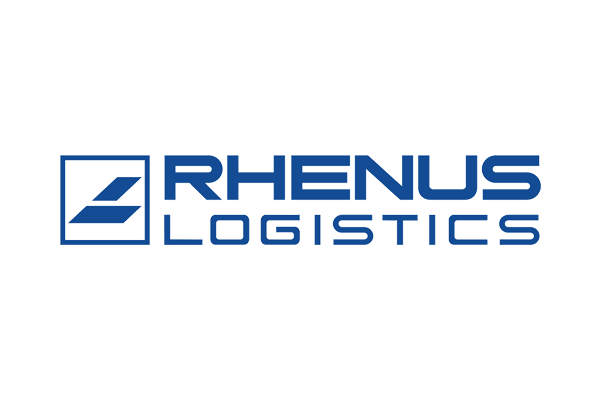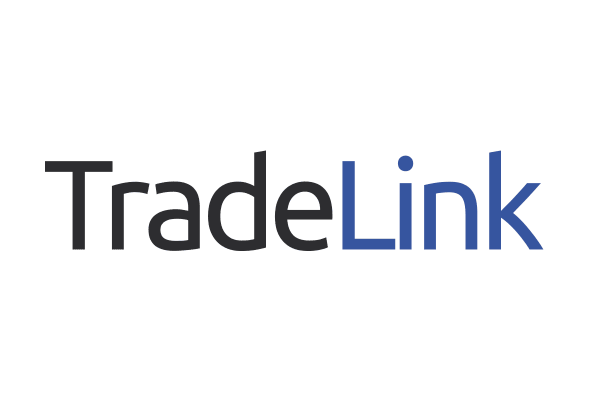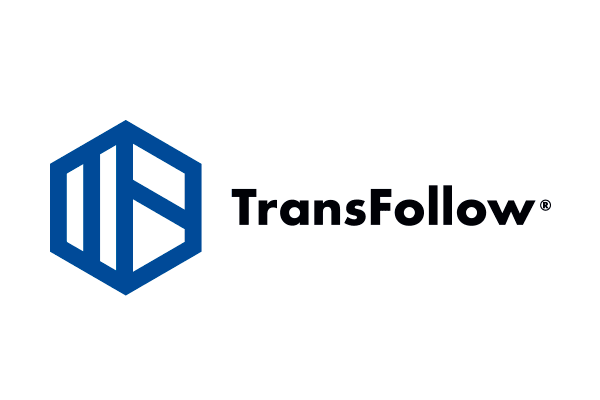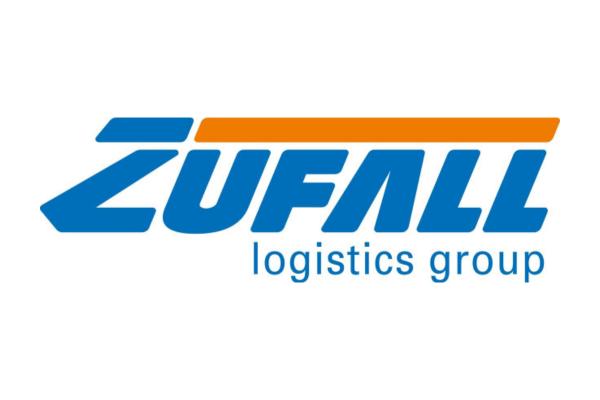Starting Situation
Before 2021, all freight and transport information had to be written and forwarded on paper. The consignment note for international road freight transport (CMR), for example, has been paper-based since 1956. The structures that have grown through decades of use have resulted in high administrative costs with numerous manual activities, a multitude of different formats, media disruptions and transmission errors. Meanwhile, shipping documents for international carriage of goods by road (CMR) may be electronic. There have been attempts in recent years to make these types of documents available in different electronic formats; however, these formats are not compatible, resulting in media discontinuity, transcription errors, and tedious manual rework. Against this background, the companies of the Open Logistics Foundation community have set up the eCMR project.
Practical approach
The work is based on the results of the eCMR project, which was carried out at the Fraunhofer Institute for Material Flow and Logistics IML as part of the “Silicon Economy”. The electronic consignment note relies on the generation, storage and transmission of digital consignment notes in human- and machine-readable format, taking into account established templates and international standards. In the meantime, the eCMR can be found as a reference implementation in the repository of the Open Logistics Foundation and is being used by pilot companies. As a common data source, the eCMR is also intended to serve as an “enabler” for further digital processes, such as automatic billing and payment.
All developed components are made available to companies in the Open Logistics Foundation repository.
Technical details
The authenticity and integrity of the transport information is guaranteed by a digital signature, a revision history that includes all changes, and the storage of the hash value – a digital fingerprint, in a blockchain. During implementation, emphasis is placed on the use of the following existing standards (excerpt) to ensure interoperability:
- UN/CEFACT data standard
- CMR template of the International Road Transport Union IRU
- ECDSA signature procedure
More time at hand?
Listen to the BVL Podcast episode (#135) on the topic of eCMR. Andreas Nettsträter and Ingo Müller talk about the importance of “Open Source in Logistics and Supply Chain”.

